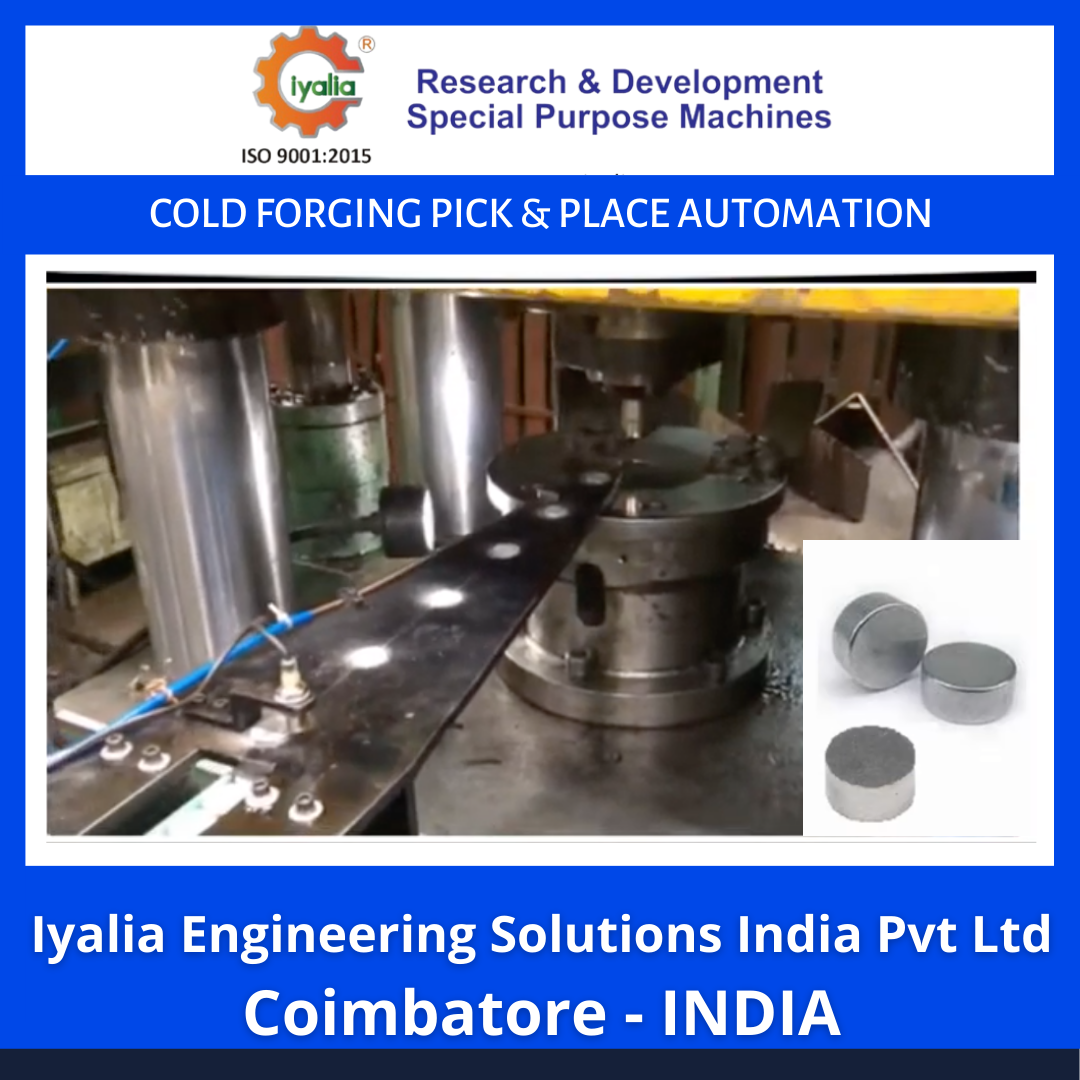Forging automation refers to the use of advanced technology and automated processes to increase the efficiency and accuracy of the forging process. Forging is a manufacturing process where metal is heated and then hammered or pressed into a specific shape, often used to create parts for machinery, vehicles, and other industrial applications. Automating forging can involve using robotics, computer-controlled machines, and sensors to improve the accuracy and consistency of the process. For example, robots can be used to move and position the metal stock, while computer-controlled machines can precisely hammer or press the metal into the desired shape. Sensors can monitor the temperature and pressure of the forging process, ensuring that the metal is heated and formed correctly. Advantages of forging automation include increased productivity, improved product quality, reduced labor costs, and increased safety for workers. However, implementing forging automation can require significant investment in technology and training, and may require changes to existing production processes.

This is your website preview.
Currently it only shows your basic business info. Start adding relevant business details such as description, images and products or services to gain your customers attention by using Boost 360 android app / iOS App / web portal.


Submit Your Enquiry